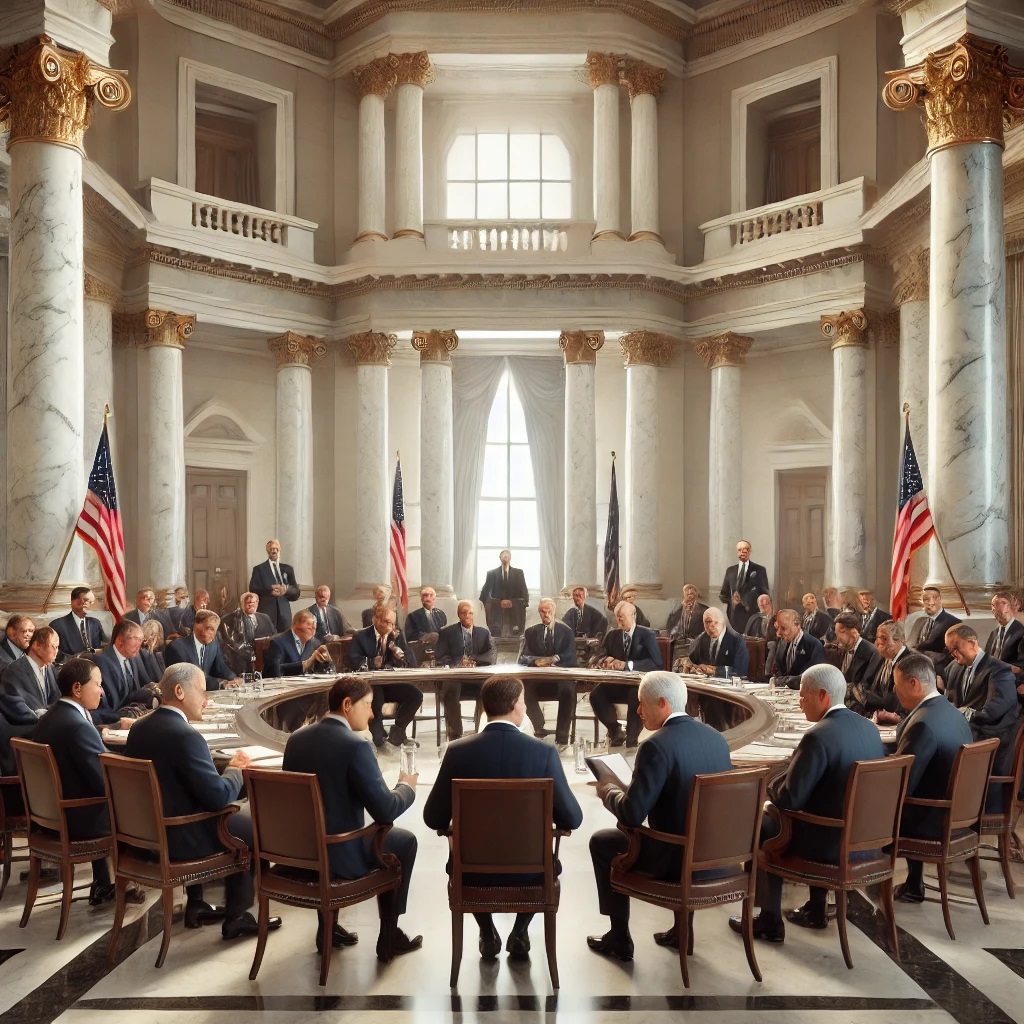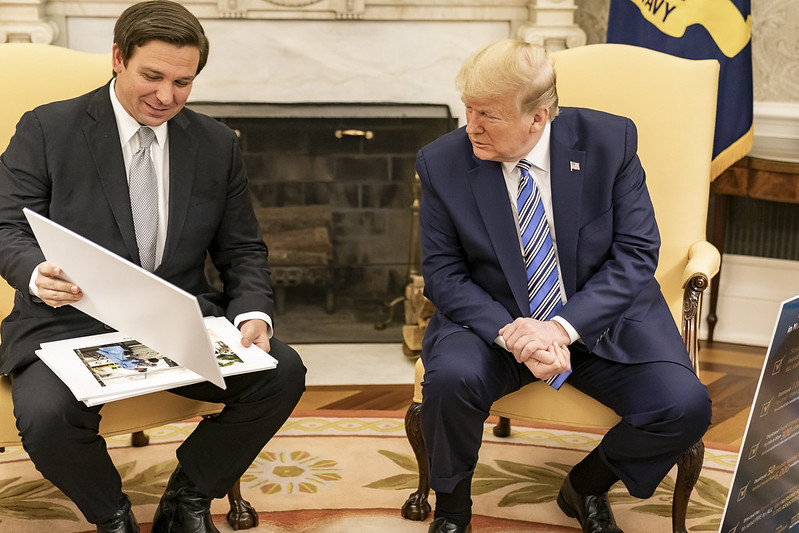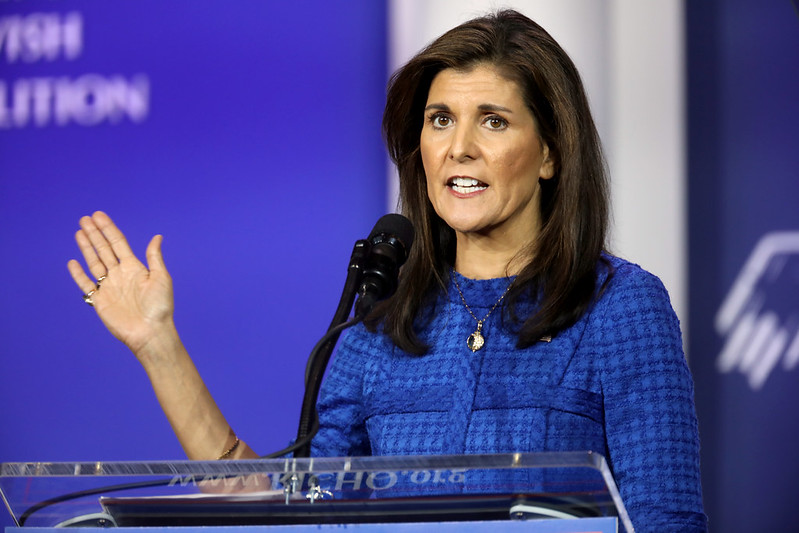Donald Trump’s 2024 election victory marks a pivotal moment in American history, representing not only a return to office but also a shift in the political landscape. His campaign capitalized on a powerful narrative around economic revitalization, national security, and traditional values. This article explores how Trump’s return to the presidency may shape the future of the United States, touching on domestic policy, global relations, and the broader social fabric.
1. Domestic Policy Shifts and Economic Strategies
Reviving the Economy: Jobs, Inflation, and Trade
Trump’s economic policy for his second term places a strong emphasis on revitalizing American industry and countering inflationary pressures. During the campaign, he promised new measures to protect domestic manufacturing and reduce reliance on foreign supply chains, particularly from China. Economists anticipate that Trump’s policies will include tax reforms to stimulate business growth and potential tariffs aimed at boosting American manufacturing.
- Tax Policy: An analysis of how his tax policies will impact businesses and the working class.
- Inflation Control: Possible measures his administration may take to tackle inflation, including interest rate policies and spending cuts.
- Job Creation and Manufacturing: His agenda for promoting manufacturing and whether his approach could create long-term job opportunities.
Healthcare and Social Policies
Healthcare remains a critical area of Trump’s platform, particularly his opposition to certain aspects of the Affordable Care Act (ACA). His administration may focus on increasing healthcare competition and reducing federal involvement in healthcare provisions. Social policies under Trump are likely to emphasize traditional family values and increased restrictions on social welfare programs.
- Healthcare Alternatives: Proposed healthcare reforms and their potential impacts.
- Social Services: Changes in welfare and public assistance policies that reflect Trump’s “America First” principles.
2. Immigration Reform and Border Security
A cornerstone of Trump’s policy is the strengthening of U.S. borders. During his campaign, he emphasized the importance of tightening immigration laws, securing the southern border, and continuing the construction of border barriers. His administration’s approach may include expanded deportations and stricter visa policies, impacting various sectors of the economy, especially agriculture and services.
- Border Security Initiatives: The costs and benefits of border wall expansion and stricter immigration controls.
- Impact on Labor Markets: How restrictions may influence industries that rely on immigrant labor.
- Immigration Policy Changes: Proposed shifts in asylum laws, deportation protocols, and visa requirements.
3. Foreign Policy and Global Relations
U.S.-China Relations: A New Era of Strategic Competition
One of the most immediate impacts of Trump’s 2024 win will likely be on U.S.-China relations. Trump’s stance on China has been characterized by economic sanctions, technology bans, and diplomatic pressure. In his second term, analysts expect Trump to reinforce measures against Chinese technology companies and work to reduce dependency on Chinese goods.
- Trade Policies: How ongoing tariffs and trade wars may affect global supply chains and consumer prices.
- Diplomatic Strategy: Efforts to curb China’s influence in regions like Southeast Asia, Africa, and Latin America.
- Cybersecurity: New cybersecurity measures aimed at safeguarding against foreign technological interference.
Strengthening Alliances and Reassessing Commitments
While Trump has often emphasized the importance of “America First,” his administration may selectively deepen relationships with allies, especially those in Europe and the Asia-Pacific, to counterbalance China’s growing power. Trump may, however, be less committed to multilateral organizations, favoring bilateral agreements that prioritize U.S. interests.
- NATO Relations: Potential shifts in funding and commitments to NATO that could impact European security.
- Middle East Policy: His stance on Israel and Iran, and the implications for regional stability.
- Climate Agreements: The impact of possible withdrawal or reduced participation in international climate agreements.
4. Social and Cultural Impact in the U.S.
Trump’s policies and rhetoric have long been polarizing, contributing to a pronounced cultural divide in the U.S. His return to the presidency may intensify social tensions on issues such as race, gender rights, and free speech. Trump’s approach to free speech, particularly concerning social media, has sparked discussions about the balance between public discourse and regulation.
- Social Media and Free Speech: Potential regulations targeting big tech companies and social media censorship.
- Education Policy: Changes in curriculum focus, especially in history and civics education, to align with traditional values.
- Gender and LGBTQ+ Rights: Possible restrictions on policies related to gender identity and transgender rights.
5. Legal and Institutional Ramifications
Trump’s victory could lead to significant shifts in the U.S. judicial and institutional landscape. With an opportunity to influence the Supreme Court and other federal courts, Trump’s administration may shape the judiciary’s stance on key issues, including abortion rights, voting laws, and executive power.
- Supreme Court Appointments: Potential vacancies and Trump’s likely judicial philosophy for nominations.
- Federal Bureaucracy: Expected reforms in federal agencies to reduce perceived bias or partisanship.
- Election Integrity Laws: New policies around voting rights, election security, and mail-in ballot restrictions.
6. Economic and Environmental Implications
Energy Independence and Climate Policy
Trump’s energy policy is likely to emphasize energy independence, with expanded oil drilling, coal production, and reduced environmental regulations. This approach may create jobs and reduce energy costs domestically but could face opposition from environmental groups.
- Fossil Fuel Production: Plans to expand drilling, its economic benefits, and environmental drawbacks.
- Renewable Energy Support: Potential impacts on renewable energy industries and climate change initiatives.
Impact on Financial Markets
Trump’s return has already had an impact on financial markets, with shifts expected in sectors like energy, defense, and manufacturing. Investors anticipate changes in regulatory policies, potentially affecting Wall Street dynamics and the economy’s growth trajectory.
- Stock Market Trends: Predictions for key industries and stock market response.
- Regulatory Changes: Potential rollback of regulations impacting financial institutions, and implications for consumers.
Conclusion: A New Chapter for the United States
Donald Trump’s 2024 victory represents a new chapter in American history. His return to the White House has inspired optimism among supporters and raised concerns among critics. The impact of his presidency will resonate far beyond his term, shaping U.S. domestic policy, international relations, and societal values for years to come. As the nation prepares to navigate this period, the long-term legacy of Trump’s presidency will likely be debated and felt across generations.









